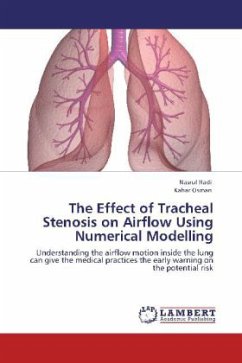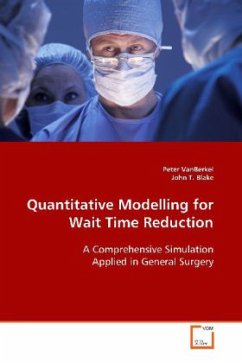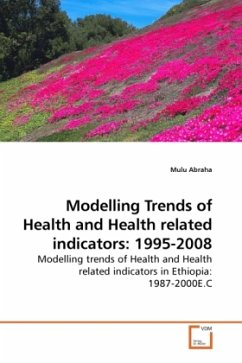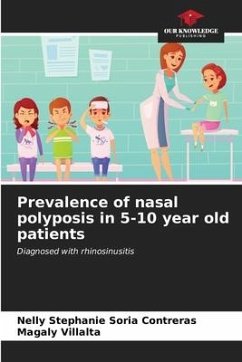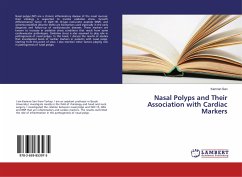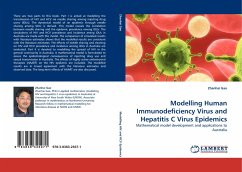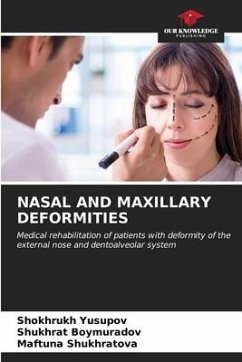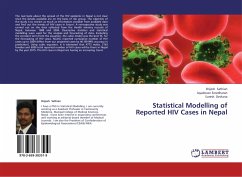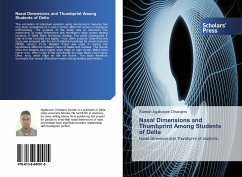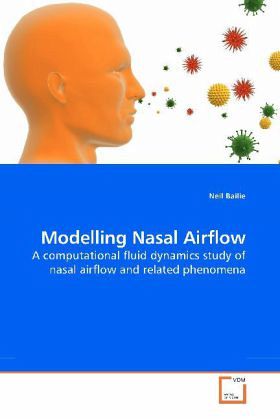
Modelling Nasal Airflow
A computational fluid dynamics study of nasal airflow and related phenomena
Versandkostenfrei!
Versandfertig in 6-10 Tagen
52,99 €
inkl. MwSt.

PAYBACK Punkte
26 °P sammeln!
Nasal airflow has not yet been definitively characterised. In addition, there is currently no accepted method to predict airflow in an individual nose, forcing surgeons to rely solely on subjective judgement when deciding whether a patient suffering nasal obstruction would benefit from surgery. The aim of this research was to develop accurate numerical models of nasal airflow to improve understanding of nasal airflow and to conceive a clinical tool to aid in decision-making process regarding nasal surgery. This work presents the largest series of nasal geometries studied to date. Nasal airflow...
Nasal airflow has not yet been definitively characterised. In addition, there is currently no accepted method to predict airflow in an individual nose, forcing surgeons to rely solely on subjective judgement when deciding whether a patient suffering nasal obstruction would benefit from surgery. The aim of this research was to develop accurate numerical models of nasal airflow to improve understanding of nasal airflow and to conceive a clinical tool to aid in decision-making process regarding nasal surgery. This work presents the largest series of nasal geometries studied to date. Nasal airflow characteristics in healthy nasal airways were found to be consistent. However, potentially important inter-individual variations in flow characteristics were predicted, particularly in relation to anatomically abnormal nasal passages. Analysis of nasal wall shear stress has demonstrated an area of high friction in the anterior nasal septum at the site of predilection for nasal bleeding, suggesting a link between the two. Numerical modelling shows promise as a clinical tool and has the potential to predict the effects of surgical interventions (virtual nasal surgery).



